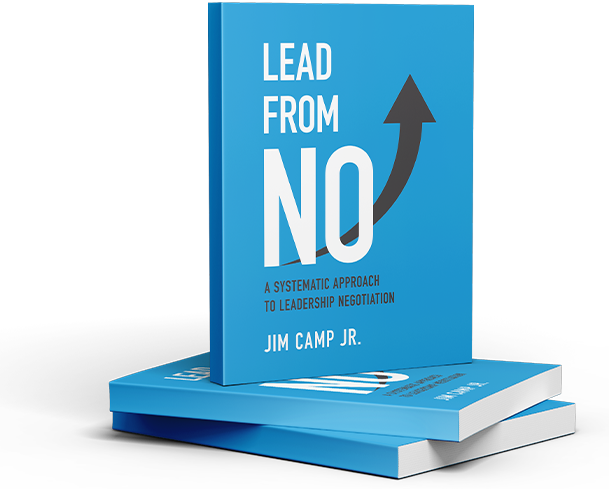The successful lunar landing of 1969 was an example of an effective decision-making process. Although we remember that perfect landing, the capability to make millions of decisions got them to the moon, and that’s the genius. The ability to string together many decisions is the heart of negotiation. Most importantly, effective decision-making can be learned.
What Makes a Genius
Who are the geniuses of science and engineering? Thomas Edison, the Wright brothers, Margaret Hamilton, Alexander Graham Bell, and others come to mind. In government, there are Washington, Ginsberg, Thatcher, Churchill, Roosevelt, Chisholm, and Gandhi. In business, Carnegie, Morgan, Iacocca, Winfrey, Gates and many more have admirable track records.
These individuals have one characteristic that’s necessary for success – effective decision-making. Without this, each would have been average.
Effective Decision-Making is the Cornerstone
As a negotiator, you will learn to embrace decision-making, practice it at every opportunity, look for it in others, and pass it on to your team and loved ones. You’ll discover the incredible energy that sound judgment can generate throughout your life. The sooner and better you apply it to your new system of negotiation, the quicker you will succeed.
With this cardinal principle in place as a personal habit, you will adjust easier to tough situations. What was a big problem today will have shrunk in size by tomorrow. Clearer thinking will prevail, and your life will take on a different meaning.
It’s Not Always Life or Death
Picture the Wright Brothers studying their little airplane, analyzing its components, deciding what to try next. Picture Abraham Lincoln struggling at night with the decisions that have impacted our society to this day.
Climb into the Lunar Lander with Neil Armstrong and Buzz Aldrin and realize that as you approach the surface of the Moon, something is wrong with the auto-landing system. You have 30 seconds before touchdown. If the lander crashes, there is no going home. What should Armstrong do? He decided to take over the controls and land his craft manually.
The tragedy was averted, and the exploration of space continued. Armstrong’s decision was the most effective of his life.
Embrace Imperfection
Effective decision-making does not mean that we are perfect human beings. We all make good and bad choices – in business and in our personal lives. Making sound decisions does not mean always making the right one. A wrong decision is not a failure. It is a wrong choice, that’s all. We are not in Neil Armstrong’s or First Lieutenant James Camp’s situations, which were without question do-or-die. We are more like the Wright brothers. Our bad choices can be corrected, and we can live to fly another day. (Sadly, Wilbur Wright died at age 45, presumably from food poisoning, and Orville lived to 76.)
The Next Decision
The fear of making a wrong decision is one of the most debilitating emotions. It burrows within every part of decision-making, because it strikes a chord with our fear of failing. In business, people fear that if they make a wrong choice, their career is on the line. How can you get rid of doubts and fears like these?
- What if I can do better?
- What do they know that I don’t know?
- This is wrong, so how can I get out of this?
The Wright Brothers example tells us that ”flying is a string of decisions, most of them bad ones that must be corrected.” In training, pilots are told to keep making decisions. Soon they’ll get it right.
Forward Motion
Becoming a more effective decision maker is a journey that leads you to greater awareness of yourself, others, and your environment. You will know what to do, how to do it, when to do it, and why you are doing it. Nothing fazes or overwhelms you.
As a developing decision-maker, you will learn to embrace poor, bad, or ineffective choices. You will learn to take responsibility for a bad decision, learn from it, and move ahead without fear. Then you’ll make a better one tomorrow. If you embrace the failure, you are only one decision away from getting back on track. You will discover that effective decision-making is a system that can be learned and that, in the end, produces results – whatever the endeavor.
Listen to a preview of Jim Camp’s Book “NO – The Only Negotiating System You Need for Work and Home.

